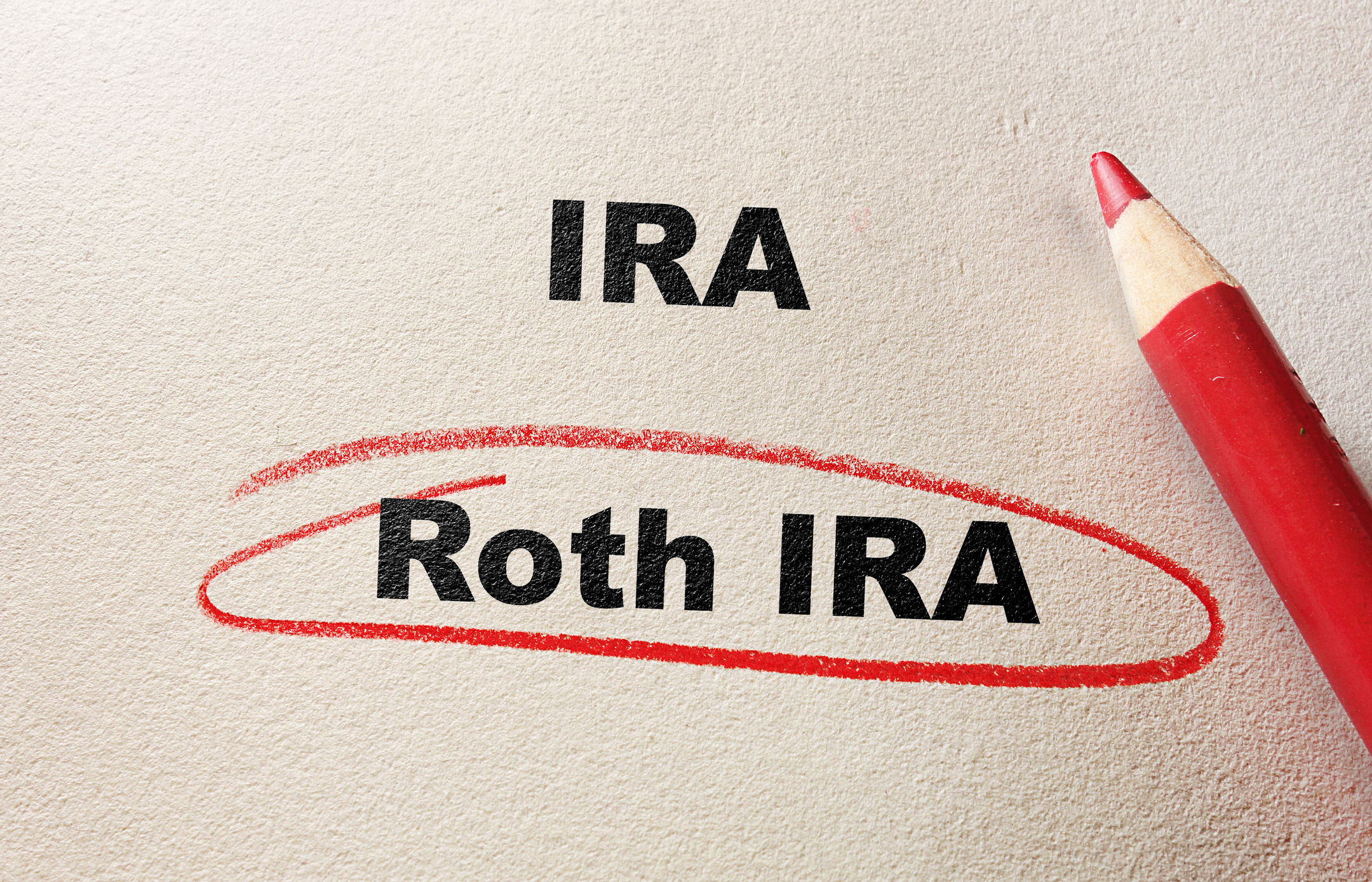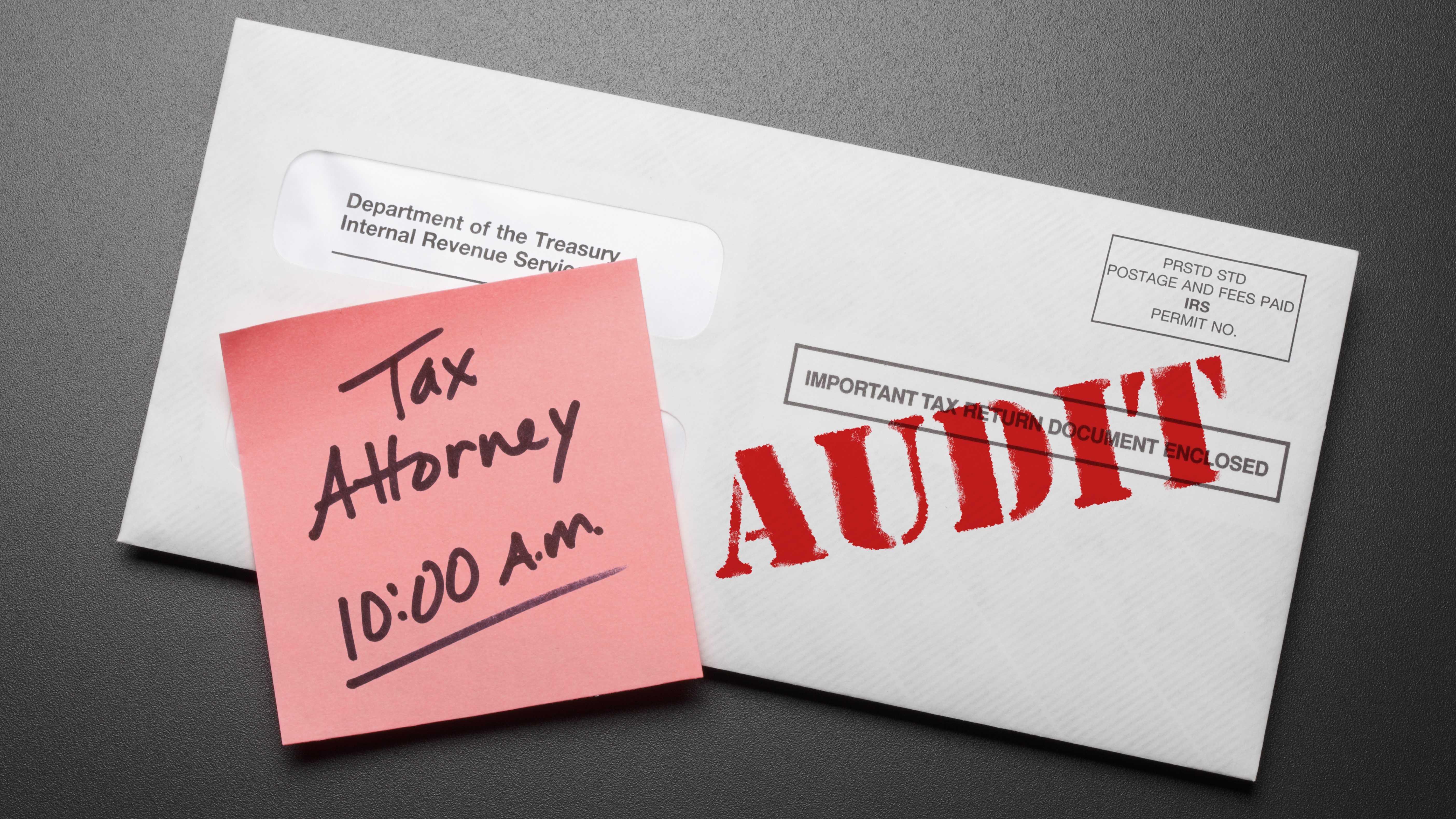Tax Preparers E-Filing Rules Review: Kiplinger Tax Letter
Tax preparers who expect to file more than 10 returns in a year are expected to file them electronically. But there are some exceptions.

Profit and prosper with the best of Kiplinger's advice on investing, taxes, retirement, personal finance and much more. Delivered daily. Enter your email in the box and click Sign Me Up.
You are now subscribed
Your newsletter sign-up was successful
Want to add more newsletters?

Delivered daily
Kiplinger Today
Profit and prosper with the best of Kiplinger's advice on investing, taxes, retirement, personal finance and much more delivered daily. Smart money moves start here.

Sent five days a week
Kiplinger A Step Ahead
Get practical help to make better financial decisions in your everyday life, from spending to savings on top deals.

Delivered daily
Kiplinger Closing Bell
Get today's biggest financial and investing headlines delivered to your inbox every day the U.S. stock market is open.

Sent twice a week
Kiplinger Adviser Intel
Financial pros across the country share best practices and fresh tactics to preserve and grow your wealth.

Delivered weekly
Kiplinger Tax Tips
Trim your federal and state tax bills with practical tax-planning and tax-cutting strategies.

Sent twice a week
Kiplinger Retirement Tips
Your twice-a-week guide to planning and enjoying a financially secure and richly rewarding retirement

Sent bimonthly.
Kiplinger Adviser Angle
Insights for advisers, wealth managers and other financial professionals.

Sent twice a week
Kiplinger Investing Weekly
Your twice-a-week roundup of promising stocks, funds, companies and industries you should consider, ones you should avoid, and why.

Sent weekly for six weeks
Kiplinger Invest for Retirement
Your step-by-step six-part series on how to invest for retirement, from devising a successful strategy to exactly which investments to choose.
Getting the right tax advice and tips is vital in the complex tax world we live in. The Kiplinger Tax Letter helps you stay right on the money with the latest news and forecasts, with insight from our highly experienced team (Get a free issue of The Kiplinger Tax Letter or subscribe). You can only get the full array of advice by subscribing to the Tax Letter, but we will regularly feature snippets from it online, and here is one of those samples…
Here's a review of the tax preparer e-filing rules, which have been around since 2011. Paid tax preparers who expect to file more than 10 Forms 1040, 1040-SR, 1040-NR or 1041, or any combination of those during the year, must electronically file them. There are three escape hatches.
- First, clients can opt out of e-filing. Returns that clients mail to the IRS aren’t treated as filed by the preparer and don’t count against the 10-return cap. Clients who choose this option must do so in writing. Preparers must keep a copy of the signed statement in their file and attach Form 8948 to the tax return that the client mails to the IRS. Note that preparers can provide filing instructions, addressed envelopes, stamps, etc., as long as the client actually mails the return.
- Second, preparers can request a hardship waiver on Form 8944. Preparers seeking a hardship waiver must generally send Form 8944 to the IRS by February 15 of the year for which a waiver is sought. Waivers are valid for one calendar year. If you get one, don’t attach it to your client’s tax return. Instead, attach Form 8948.
- Third, there are a few administrative exemptions. For example, preparers who are members of certain religious groups that are conscientiously opposed to electronic technology needn’t e-file. Again, attach Form 8948 to the return.
See kiplinger.com/letterlinks/preparerefile for a helpful set of FAQs on this subject.
From just $107.88 $24.99 for Kiplinger Personal Finance
Become a smarter, better informed investor. Subscribe from just $107.88 $24.99, plus get up to 4 Special Issues

Sign up for Kiplinger’s Free Newsletters
Profit and prosper with the best of expert advice on investing, taxes, retirement, personal finance and more - straight to your e-mail.
Profit and prosper with the best of expert advice - straight to your e-mail.
This first appeared in The Kiplinger Tax Letter. It helps you navigate the complex world of tax by keeping you up-to-date on new and pending changes in tax laws, providing tips to lower your business and personal taxes, and forecasting what the White House and Congress might do with taxes. Get a free issue of The Kiplinger Tax Letter or subscribe.
Related stories
Profit and prosper with the best of Kiplinger's advice on investing, taxes, retirement, personal finance and much more. Delivered daily. Enter your email in the box and click Sign Me Up.

Joy is an experienced CPA and tax attorney with an L.L.M. in Taxation from New York University School of Law. After many years working for big law and accounting firms, Joy saw the light and now puts her education, legal experience and in-depth knowledge of federal tax law to use writing for Kiplinger. She writes and edits The Kiplinger Tax Letter and contributes federal tax and retirement stories to kiplinger.com and Kiplinger’s Retirement Report. Her articles have been picked up by the Washington Post and other media outlets. Joy has also appeared as a tax expert in newspapers, on television and on radio discussing federal tax developments.
-
 5 Vince Lombardi Quotes Retirees Should Live By
5 Vince Lombardi Quotes Retirees Should Live ByThe iconic football coach's philosophy can help retirees win at the game of life.
-
 The $200,000 Olympic 'Pension' is a Retirement Game-Changer for Team USA
The $200,000 Olympic 'Pension' is a Retirement Game-Changer for Team USAThe donation by financier Ross Stevens is meant to be a "retirement program" for Team USA Olympic and Paralympic athletes.
-
 10 Cheapest Places to Live in Colorado
10 Cheapest Places to Live in ColoradoProperty Tax Looking for a cozy cabin near the slopes? These Colorado counties combine reasonable house prices with the state's lowest property tax bills.
-
 Tax Rule Change Could See Millions Lose Health Insurance
Tax Rule Change Could See Millions Lose Health InsuranceThe Kiplinger Tax Letter If current rules for the health premium tax credit (PTC), a popular Obamacare subsidy, aren't extended, 3.7 million people could lose their health insurance.
-
 The IRS is in Chaos
The IRS is in ChaosThe Tax Letter DOGE, departures, data agreements and more are creating havoc at the IRS.
-
 Should You Do A Roth IRA Conversion? Nine Things to Consider
Should You Do A Roth IRA Conversion? Nine Things to ConsiderThe Tax Letter Thinking of converting a traditional IRA to a Roth IRA? The Kiplinger Tax Letter Editor highlights nine factors you should consider before making a move.
-
 Expiring Business Tax Breaks And Trump's Tax Plan
Expiring Business Tax Breaks And Trump's Tax PlanThe Tax Letter Four important business tax breaks are likely to be a part of President Trump's tax plan. We'll break them down for you.
-
 AMT and Pass-Throughs Add Complex Layers to 2025 SALT Tax Planning
AMT and Pass-Throughs Add Complex Layers to 2025 SALT Tax PlanningThe Tax Letter The state and local tax (SALT) deduction is a key sticking point in President Trump's tax plan.
-
 Popular Tax Breaks Are in Danger
Popular Tax Breaks Are in DangerThe Tax Letter A number of tax breaks, including the home mortgage interest deduction, are in peril as lawmakers hunt for revenues to pay for the President's tax plan.
-
 Six Hurdles for Trump's Tax Bill
Six Hurdles for Trump's Tax BillThe Tax Letter While the odds for a new tax bill in 2025 are quite good, there are some sticking points that President Trump and Congress will have to work through.
-
 The IRS is Pursuing Partnerships and Their Owners
The IRS is Pursuing Partnerships and Their OwnersThe Tax Letter The IRS has many enforcement priorities, and partnership tax noncompliance is near the top of that list.